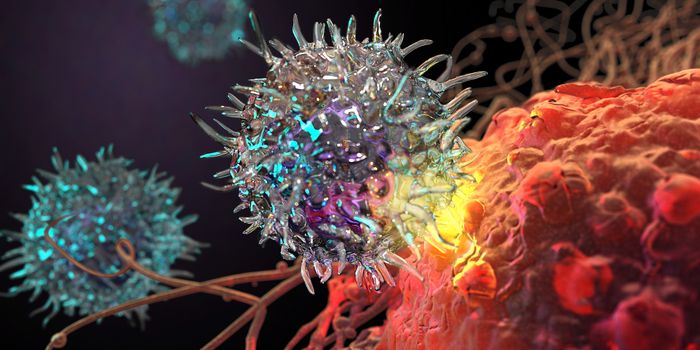Experimental Drug Shows Promise for Treating PTSD

“This study is the first to identify astrocyte-derived GABA as a key pathological driver of fear extinction deficit in PTSD. Our findings not only uncover a novel astrocyte-based mechanism underlying PTSD, but also provide preclinical evidence for a new therapeutic approach using an MAOB inhibitor,” co-first author of the study, Dr. Won Woojin, a postdoctoral researcher at the Center for Cognition and Sociality at the Institute for Basic Science in South Korea, said in a press release.
PTSD is a debilitating psychiatric condition with limited pharmacological treatment options. Current medications target serotonin pathways, however, provide limited relief to patients. In the current study, researchers focused on the medial prefrontal cortex (mPFC), an area of the brain that plays a key role in regulating fear.
From brain imaging research involving over 380 participants, they found that patients with PTSD had unusually high levels of inhibitory neurotransmitter gamma-aminobutyric acid (GABA) and reduced cerebral flow in the area. They further found that patients who showed clinical improvement had decreased levels of GABA.
Examination of postmortem brain tissue and PTSD-like mouse models revealed that astrocytes were producing abnormal quantities of GABA through the enzyme monoamine oxidase B (MAOB). This astrocyte-derived GABA hindered neural activity, blocking the brain’s ability to forget traumatic memories.
The researchers next administered a recently-developed, highly-selective, reversible MAOB inhibitor called KDS2010 to mouse models of PTSD. The drug reduced GABA levels, restored blood flow in the mPFC, and re-enabled memory extinction mechanisms.
KDS2010 has already passed through Phase 1 clinical trials, proving its safety, and is currently undergoing Phase 2 clinical trials. The researchers now aim to investigate astrocyte-targeted therapies for other neuropsychiatric disorders.
"By identifying astrocytic GABA as a pathological driver in PTSD and targeting it via MAOB inhibition, the study opens a completely new therapeutic paradigm not only for PTSD but also for other neuropsychiatric disorders such as panic disorder, depression, and schizophrenia," lead author of the study, C. Justin Lee, Co-Director of the Center for Cognition and Sociality at the Institute for Basic Science in South Korea, said in a press release.
Sources: Science Daily, Signal Transduction and Targeted Therapy








